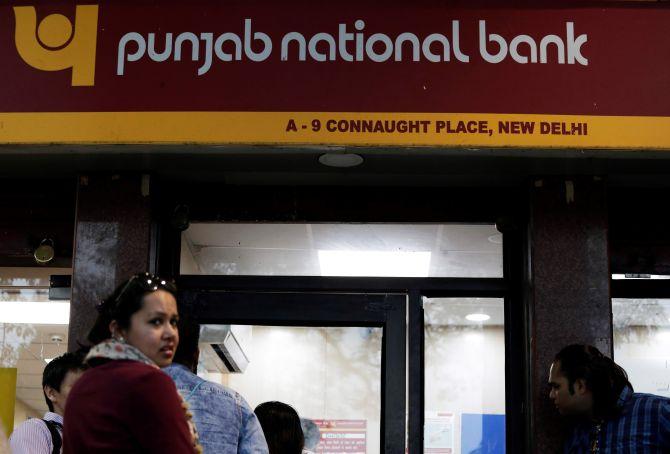In its letter, finance ministry has pointed to sections 35, 35A and 36 of the Banking Regulation Act, 1949, to highlight the powers and functions of the RBI as regulator

The Union government has shot off a letter to the Reserve Bank of India (RBI) on the alleged Rs 11,400-crore Punjab National Bank (PNB) scam, asking whether at any stage the banking regulator had detected the fraud, involving letters of undertaking (LoUs) issued to foreign branches of Indian banks on behalf of companies promoted by Nirav Modi and Mehul Choksi.
“Under the Banking Regulation Act, the RBI has a major role related to inspection, regulation, audit and the oversight of banks. We have written to the RBI, asking how the alleged scam, which had been going on for years, went undetected, and whether the regulator exercised its role under the law,” an official said on condition of anonymity.
The government’s missive comes days after the chief economic advisor (CEA), Arvind Subramanian, raised questions over external controls of the RBI.
In its letter, the finance ministry has pointed to sections 35, 35A and 36 of the Banking Regulation Act, 1949, to highlight the powers and functions of the RBI as regulator.
The ministry has also asked the RBI whether it has inspected the banks involved in the alleged scam to secure compliance through Section 12 of the Foreign Exchange Management Act, 1999.
It has further asked the central bank to review its present rules and regulations as a follow-up action so that such incidents do not recur, according to sources.
So far, the RBI has issued one public statement, blaming the internal controls of PNB for the alleged fraud.
“The fraud in PNB is a case of operational risk arising on account of delinquent behaviour by one or more employees of the bank, and the failure of internal controls.
"The RBI has already undertaken a supervisory assessment of control systems in PNB and will take appropriate supervisory action,” it said on February 16.
The government has said the RBI has the mandate to inspect any bank, its books and accounts under Section 35 of the Banking Regulation Act.
“The RBI at any point of time can scrutinise a bank and its books. We have asked whether the regulator did so, and if it is planning to initiate any action under the law,” the official quoted above said.
The government has also said the RBI’s role is to caution or prohibit banks from entering into any transaction and give advice to the banks from time to time.
“The regulator has to obtain reports from banks through its appointed officers in the manner in which affairs of a bank or its officer are being conducted. Has it sought any such report?” the finance ministry has asked the RBI, according to sources.
The RBI needs to scrutinise the returns, statements and information furnished by banks under the BR Act, the ministry has said in the letter.
Referring to the PNB fraud, the CEA said on Saturday, “If recent events have suggested that public sector banks’ internal controls are not strong enough, the question arises whether external controls in the form of regulation and supervision by the regulator have also been strong enough?”
In an interview to Business Standard, the CEA asked why the RBI did not follow up on the recommendations of former deputy governor SS Mundra that asked for the integration of banks' core banking system with SWIFT - a global financial messaging system.
Photograph: Saumya Khandelwal/Reuters








